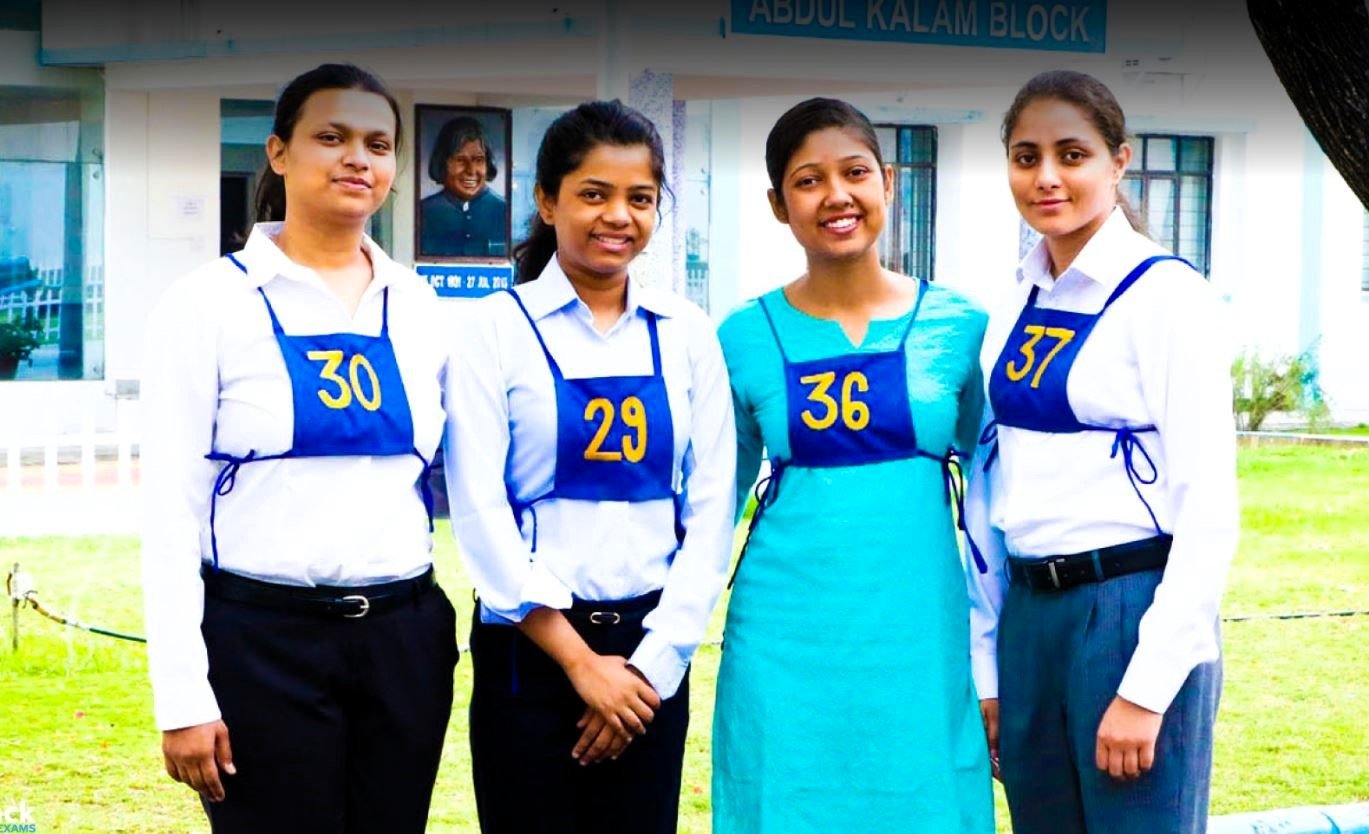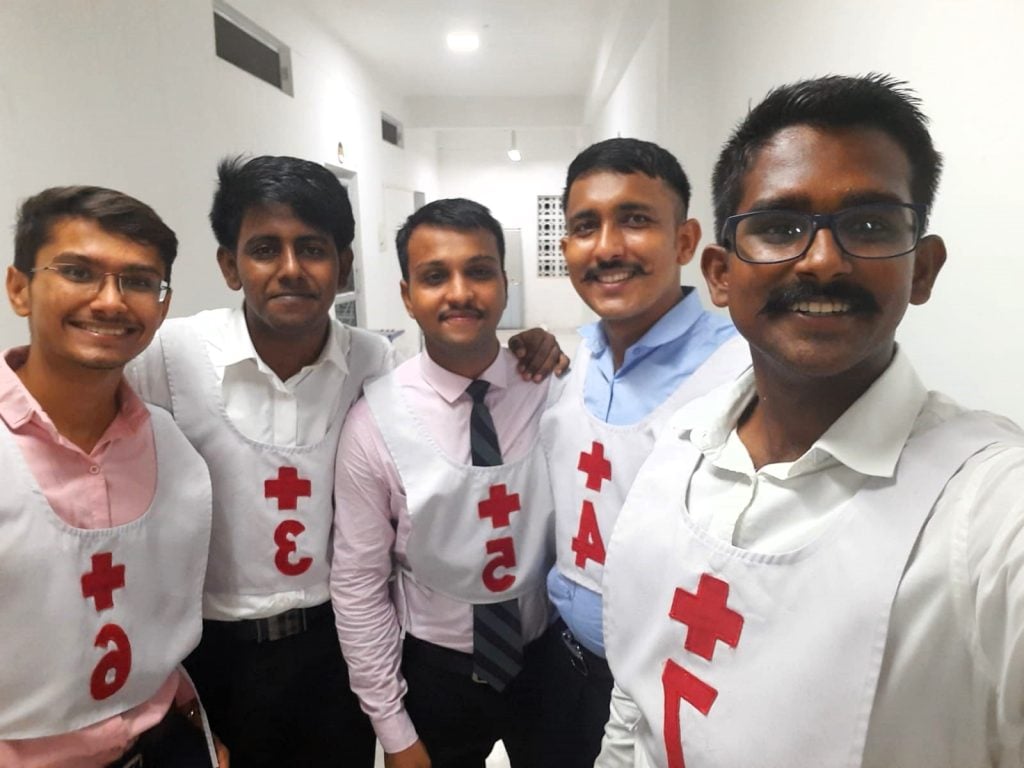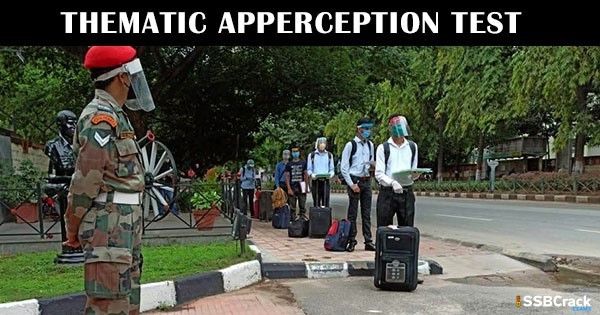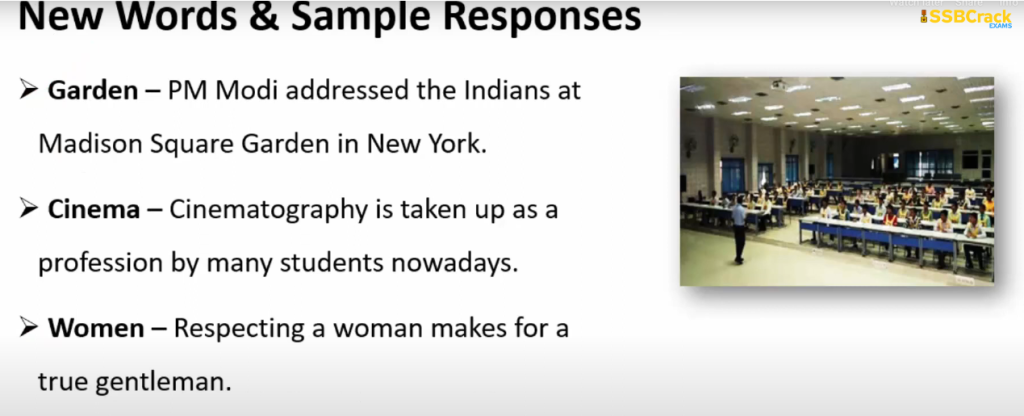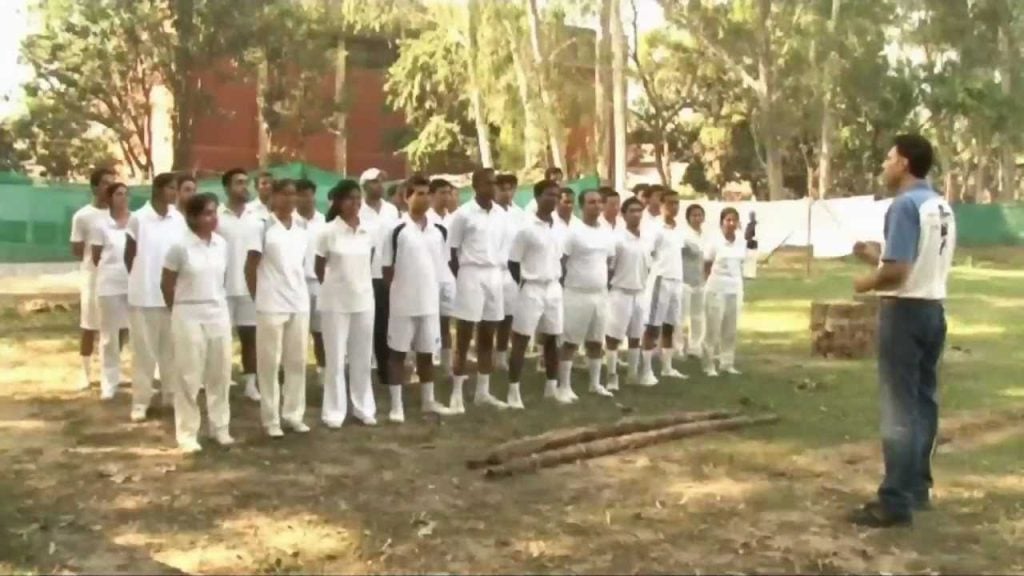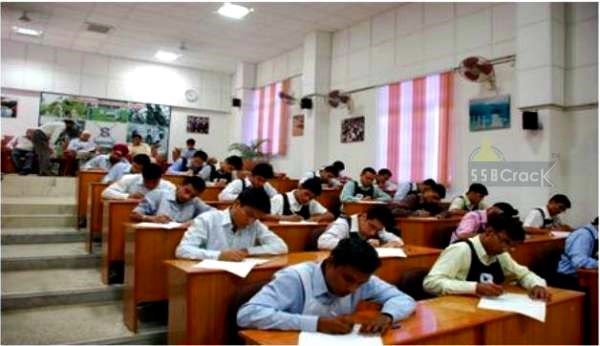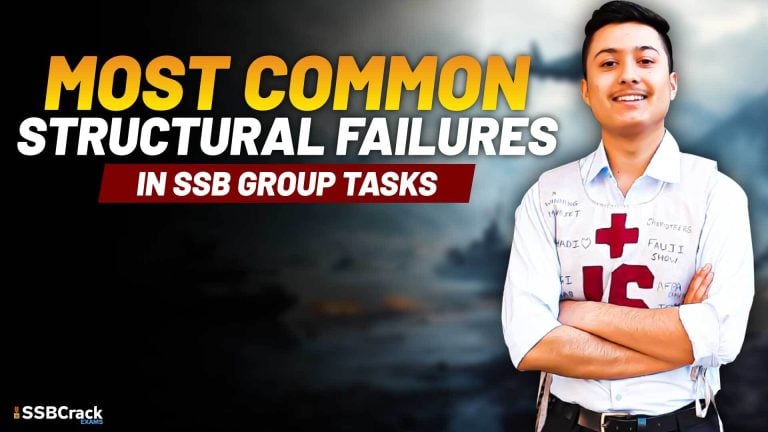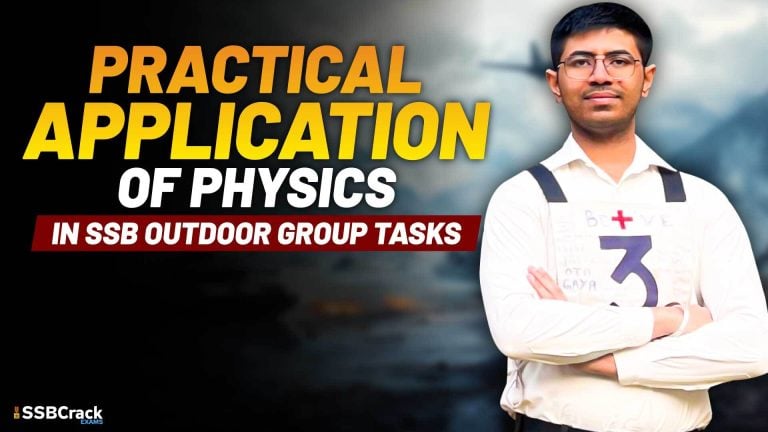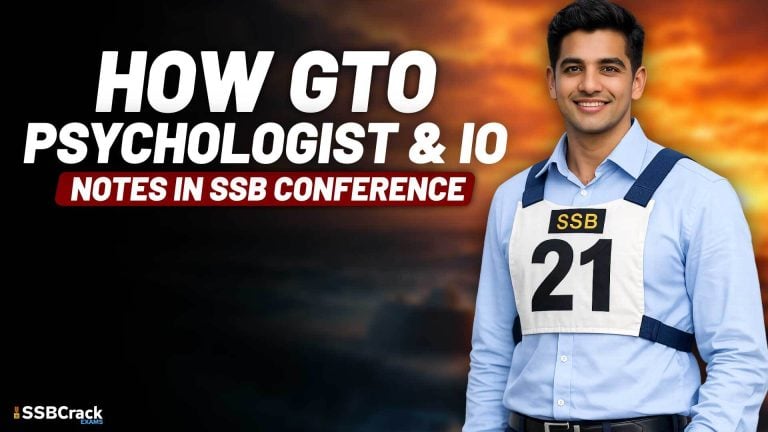Preparing for the psychology test in the Services Selection Board (SSB) interviews can be challenging, as it requires a deep understanding of oneself and the ability to project one’s true personality. However, with the right approach and preparation, candidates can tackle this test effectively. This article provides detailed guidance on how to prepare for each component of the psychology test in SSB.
Understanding the SSB Psychology Test
The SSB psychology test evaluates candidates using various projective techniques over a span of five days. The assessors are trained to gauge the candidates’ true personality traits, emphasizing the importance of authenticity and honesty throughout the assessment process.
Components of the Psychology Test
The psychology test in SSB comprises the following series:
- Thematic Apperception Test (TAT)
- Word Association Test (WAT)
- Situation Reaction Test (SRT)
- Self-Description Test (SDT)
An Overview Of SSB Interview Complete Procedure
40 SSB Interview Questions That You Will Face
How to Prepare for Each Component
1. Thematic Apperception Test (TAT)
TAT is the first test in the psychological assessment battery during the SSB interview. Here’s how to prepare for it:
- Understand the Officer-like Qualities (OLQs) that SSB seeks in candidates.
- Write stories in past tense, focusing on what led to the situation, the ongoing action, and the logical outcome.
- Keep stories practical, avoiding unrealistic superhero portrayals.
- Project officer-like qualities and a positive approach in your stories.
20 Best Themes for TAT Pictures Story
2. Word Association Test (WAT)
WAT is the second test of the psychological test battery. Here’s how to prepare for it:
- Read self-development books to enhance positive thinking.
- Be solution-oriented and cultivate a positive mindset.
- Surround yourself with positive influences and engage in discussions to improve your outlook.
- Practice writing immediate, spontaneous responses to daily use words.
How To Write Strong WAT Responses In SSB Interview
3. Situation Reaction Test (SRT)
SRT is conducted after WAT and is the third test in the SSB psychological tests battery. Here’s how to prepare for it:
- Attempt as many situations as possible, aiming for a minimum of 35.
- Be practical and natural in your responses, avoiding imitation of others’ responses.
- Read situations carefully and consider all available resources before crafting your response.
- Practice responding to situations with qualities that psychologists seek in candidates.
25 Most Common SRTs Asked In SSB Interview
4. Self-Description Test (SDT)
SDT is the last but crucial test of the psychological test in SSB. Here’s how to prepare for it:
- Be honest and introspective while answering questions about yourself.
- Seek feedback from family, friends, and mentors to gain insight into how others perceive you.
- Strive to become a better person every day, focusing on self-improvement and personal growth.
- Be sincere in your aspirations and express a genuine desire to contribute positively to society.
5 Examples of Self Description
How to write your Self Description in the SSB?
Conclusion
Preparing for the psychology test in SSB requires self-awareness, authenticity, and a positive outlook. By understanding the test components and practicing sincere self-reflection, candidates can increase their chances of success in the SSB interviews. Remember to trust yourself, stay true to your values, and approach the test with confidence. Jai Hind!
FAQs
1. What is the psychology test in SSB?
The psychology test in SSB is a series of assessments designed to evaluate candidates’ personality traits, cognitive abilities, and behavioral responses. It includes tests such as the Thematic Apperception Test (TAT), Word Association Test (WAT), Situation Reaction Test (SRT), and Self-Description Test (SDT).
2. How should I prepare for the Thematic Apperception Test (TAT)?
Understand the Officer-like Qualities (OLQs) sought by SSB.
Practice writing stories in past tense, focusing on the situation, action, and outcome.
Avoid unrealistic portrayals and maintain authenticity in your stories.
Project officer-like qualities and a positive approach.
3. What strategies can I use to improve my performance in the Word Association Test (WAT)?
Read self-development books to enhance positive thinking.
Cultivate a solution-oriented mindset and surround yourself with positive influences.
Practice writing immediate, spontaneous responses to daily use words.
4. How can I excel in the Situation Reaction Test (SRT)?
Attempt as many situations as possible, aiming for quality over quantity.
Be practical and consider all available resources before crafting your response.
Practice responding with qualities that psychologists seek in candidates, such as decisiveness and leadership.
5. What should I keep in mind while preparing for the Self-Description Test (SDT)?
Be honest and introspective in your self-assessment.
Seek feedback from family, friends, and mentors to gain insight into how others perceive you.
Focus on self-improvement and express a genuine desire to contribute positively to society.
6. How important is authenticity in the psychology test in SSB?
Authenticity is crucial in the psychology test in SSB as assessors are trained to detect insincerity and deception. Candidates should strive to be genuine and honest in their responses to demonstrate their true personality traits.
7. Is it beneficial to practice mock tests for the psychology test in SSB?
Yes, practicing mock tests can be beneficial as it helps familiarize candidates with the test format and timing. It also provides an opportunity to refine storytelling skills, improve response quality, and build confidence.
8. How can I manage time effectively during the psychology test in SSB?
Time management is essential in all components of the psychology test. Candidates should practice writing concise yet comprehensive responses within the allotted time frame. Prioritize tasks based on their importance and allocate time accordingly to ensure completion of all test sections.
9. What role does self-awareness play in preparing for the psychology test in SSB?
Self-awareness is fundamental in preparing for the psychology test as it enables candidates to understand their strengths, weaknesses, and areas for improvement. By reflecting on their personality traits and behaviors, candidates can tailor their responses to align with the desired OLQs and present themselves authentically during the assessment.
10. How can I stay calm and composed during the psychology test in SSB?
Practicing relaxation techniques, such as deep breathing and visualization, can help reduce anxiety and promote a calm demeanor during the test. Maintaining a positive mindset, staying focused on the task at hand, and trusting in one’s abilities are also essential for managing stress and performing well in the SSB psychology test.
